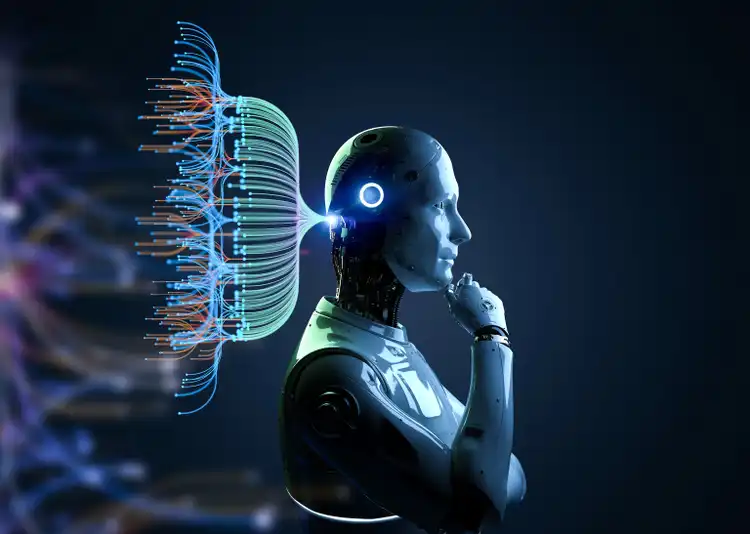As AI continues to advance, its potential impact on the education industry is becoming increasingly clear. Educators, administrators, and policymakers need to stay up-to-date with the latest developments in AI and understand its implications for teaching and learning.
One important consideration is how AI can be used to enhance the learning experience for students. Here are some of the ways in which AI may shift the learning experience for children:
Here is a step-by-step guide on how to patent your mobile app idea:
1. Personalized Learning: With AI-powered technologies, children can receive personalized learning experiences that cater to their unique learning needs, styles, and preferences. This can lead to better engagement and outcomes, as children are able to learn at their own pace and focus on areas where they need more help.
2. Interactive Learning: AI can facilitate interactive and immersive learning experiences, such as virtual reality simulations, that can make learning more engaging and fun for children.
3. Adaptive Learning: AI-powered tutoring systems can adapt to the child’s learning progress and adjust the difficulty level and content accordingly, which can help keep the child challenged and motivated.
4. Improved Accessibility: AI can help make education more accessible to children who have learning disabilities, by providing them with specialized tools and resources that cater to their specific needs.
5. Enhanced Teacher-Student Interaction: AI can help teachers provide more personalized feedback to each child, as well as track their progress more efficiently, freeing up time to engage in more meaningful interactions with students.
6. the student’s pace and preferences, providing a more engaging and effective learning experience.
7. Predictive Analytics: AI can be used to analyze student data and predict which students are at risk of falling behind. This allows for early intervention and support, helping to prevent students from struggling.
8. Automating Administrative Tasks: AI-powered chatbots and other tools can help automate administrative tasks, such as answering student inquiries and processing paperwork. This can save educators and administrators time and reduce the workload associated with administrative tasks.
9. Student Monitoring and Assessment: AI can be used to monitor student behavior and engagement, allowing teachers to better understand their students’ needs and adjust their teaching accordingly. AI can also be used to assess student work, such as essays and projects, providing teachers with a more objective and consistent way of grading.
As AI continues to advance, there are many opportunities for it to transform the education industry. However, it is important to be mindful of the potential ethical concerns associated with AI, such as privacy and data protection, as well as the potential for bias and inequality. It is important for educators, administrators, and policymakers to work together to ensure that AI is implemented in a responsible and ethical manner, to maximize its benefits for students and educators alike.
Vhigna team has the competency and expertise required to develop AI solutions that can enhance the learning experience for students and improve the efficiency of administrative tasks in the education industry.




